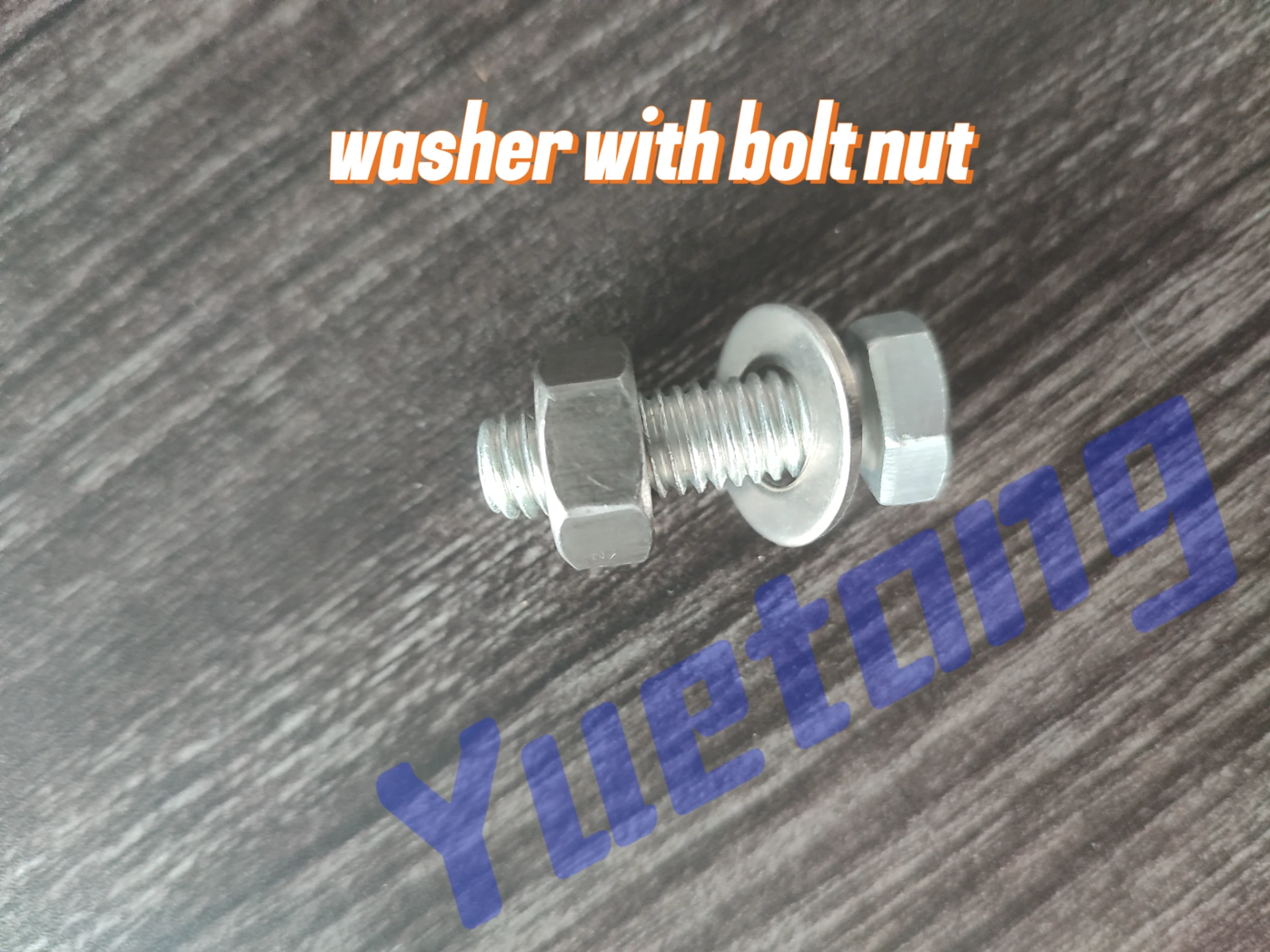Nov . 19, 2024 05:54 Back to list
m12 anchor bolts
Understanding M12 Anchor Bolts Essential Components for Secure Construction
Anchor bolts are critical elements in construction, providing the necessary strength and stability for various fixtures and structures. Among the various types available, M12 anchor bolts stand out due to their size and versatility. This article will delve into the characteristics, applications, and installation considerations associated with M12 anchor bolts, highlighting their significance in modern construction practices.
What are M12 Anchor Bolts?
M12 anchor bolts are threaded fasteners with a diameter of 12 millimeters. They are typically used to attach structural elements to concrete, ensuring that various installations remain secure and intact over time. The designation 'M12' refers to the metric thread size, and their robust construction makes them suitable for various loads and environmental conditions. Generally made from high-strength steel or stainless steel, M12 anchor bolts are designed to withstand tensile and shear forces, which are vital for maintaining structural integrity.
Applications of M12 Anchor Bolts
The versatility of M12 anchor bolts allows for diverse applications across multiple industries
. Some common uses include1. Building Foundations M12 anchor bolts are often embedded in concrete to secure columns, beams, and walls. They provide stability and help transfer loads from the superstructure to the foundation.
2. Mechanical Equipment In industrial settings, these bolts are used to mount heavy machinery and equipment, ensuring that they remain firmly in place during operation.
3. Transportation Infrastructure M12 anchor bolts are employed in the construction of bridges, railways, and highways, where they secure components like railings and support beams against environmental forces.
4. Outdoor Structures From fence installations to playground equipment, M12 anchor bolts are essential in securing outdoor features, ensuring safety and durability against weather elements.
m12 anchor bolts

Installation Considerations
When installing M12 anchor bolts, several key factors must be considered to ensure their effectiveness
1. Concrete Strength The strength of the concrete must match the load requirements of the application. Proper concrete mix and curing time are also crucial for achieving optimal strength and durability.
2. Bolt Length Selecting the correct bolt length is critical. The length should be suitable for the thickness of the material being anchored and provide adequate embedment depth in the concrete for maximum holding power.
3. Alignment Proper alignment of anchor bolts is vital as misalignment can lead to structural failure. Careful attention should be given to ensure that bolts are positioned accurately during installation.
4. Use of Washers and Nuts To enhance the load distribution and prevent loosening over time, it is essential to use appropriate washers and nuts with M12 anchor bolts. This combination increases friction and improves holding capacity.
5. Corrosion Protection Depending on their application, M12 anchor bolts may require protective coatings or treatments to resist corrosion. Options include galvanization, stainless steel construction, or the application of protective paints.
Conclusion
M12 anchor bolts are indispensable in the realm of construction and engineering. Their strength, versatility, and reliability make them suitable for a wide range of applications, from foundational elements to securing mechanical equipment. Understanding their characteristics and installation requirements is essential for anyone involved in construction or related fields. As the industry evolves, advancements in materials and technology will likely improve the performance and durability of anchor bolts, further emphasizing their critical role in safe and secure construction practices. By ensuring careful selection and installation, M12 anchor bolts will continue to serve as a backbone for sturdy and resilient structures worldwide.


